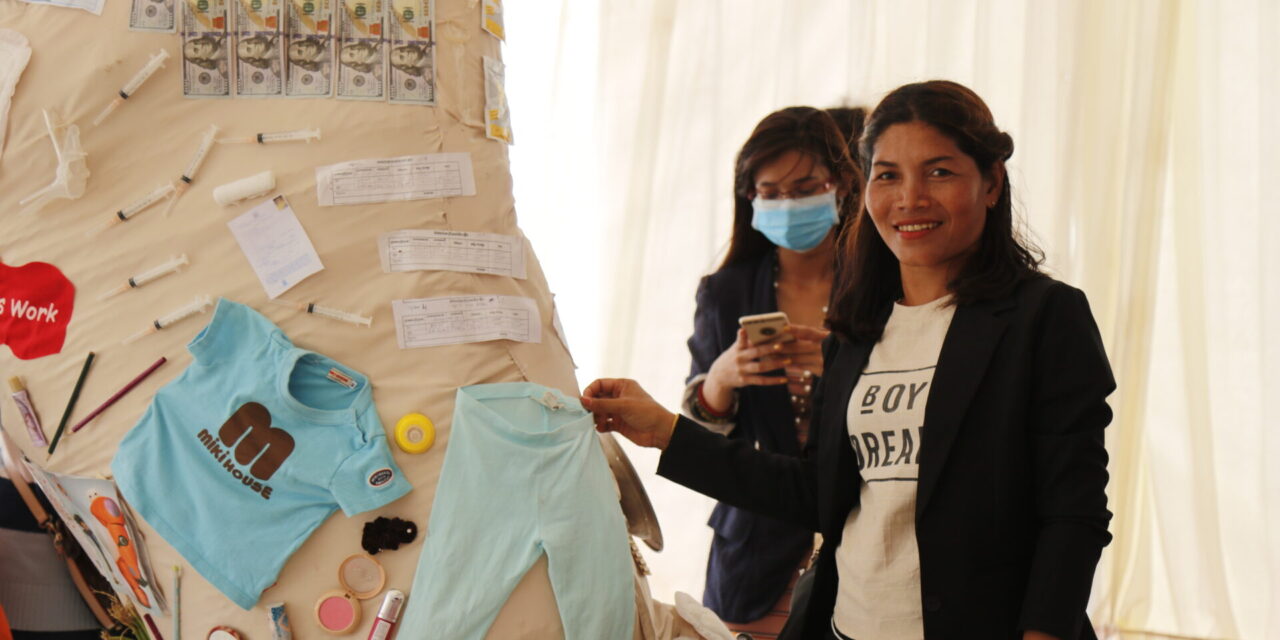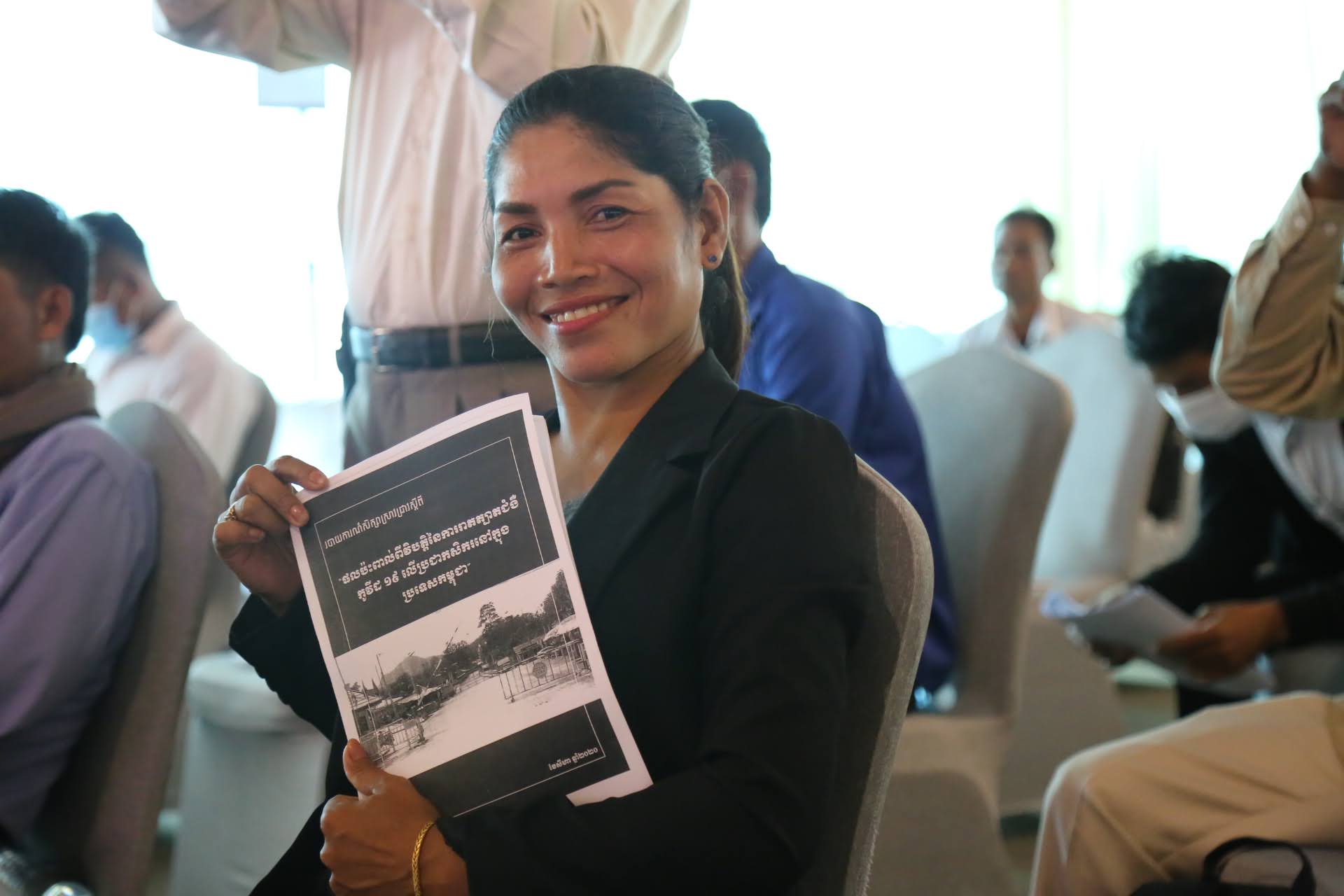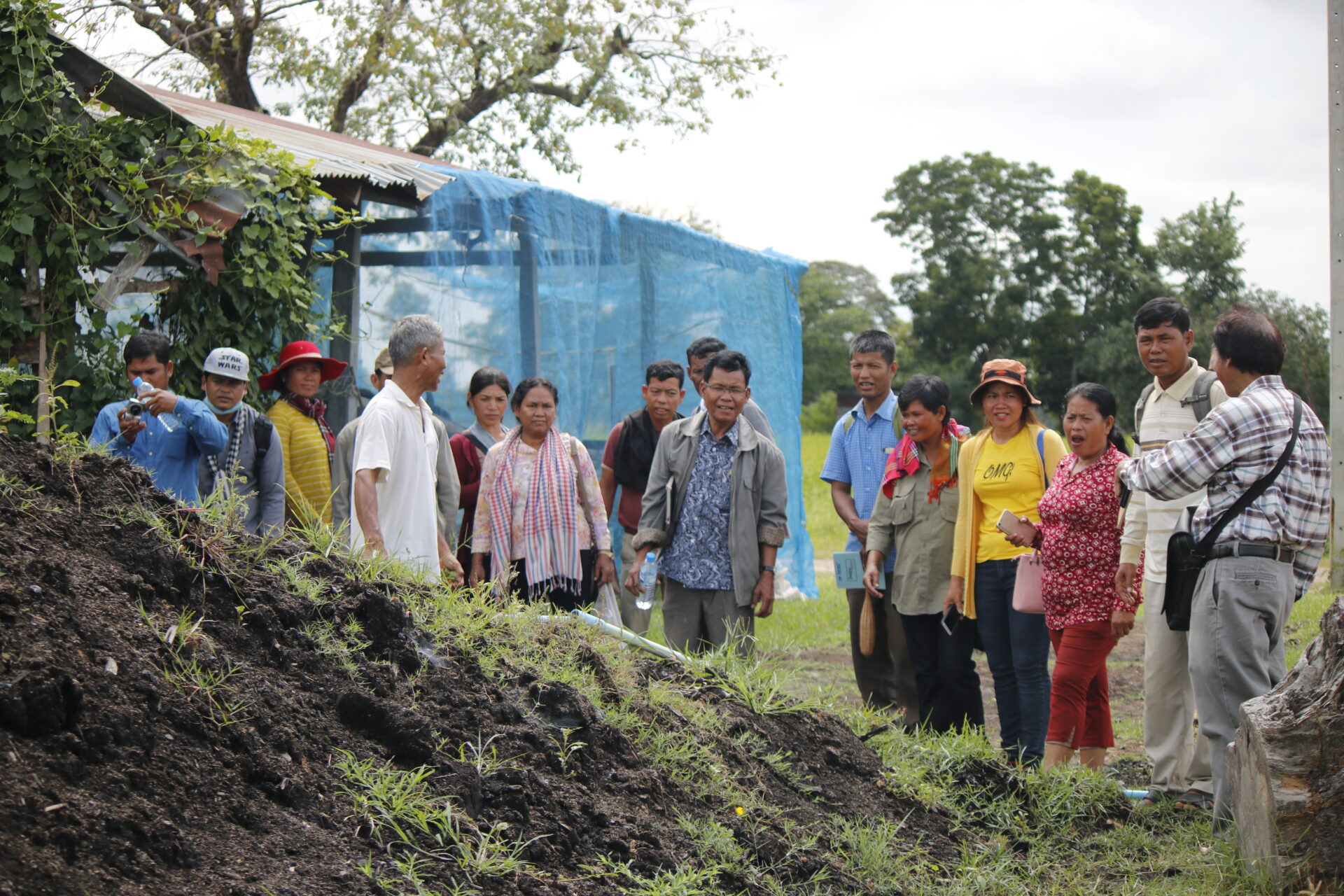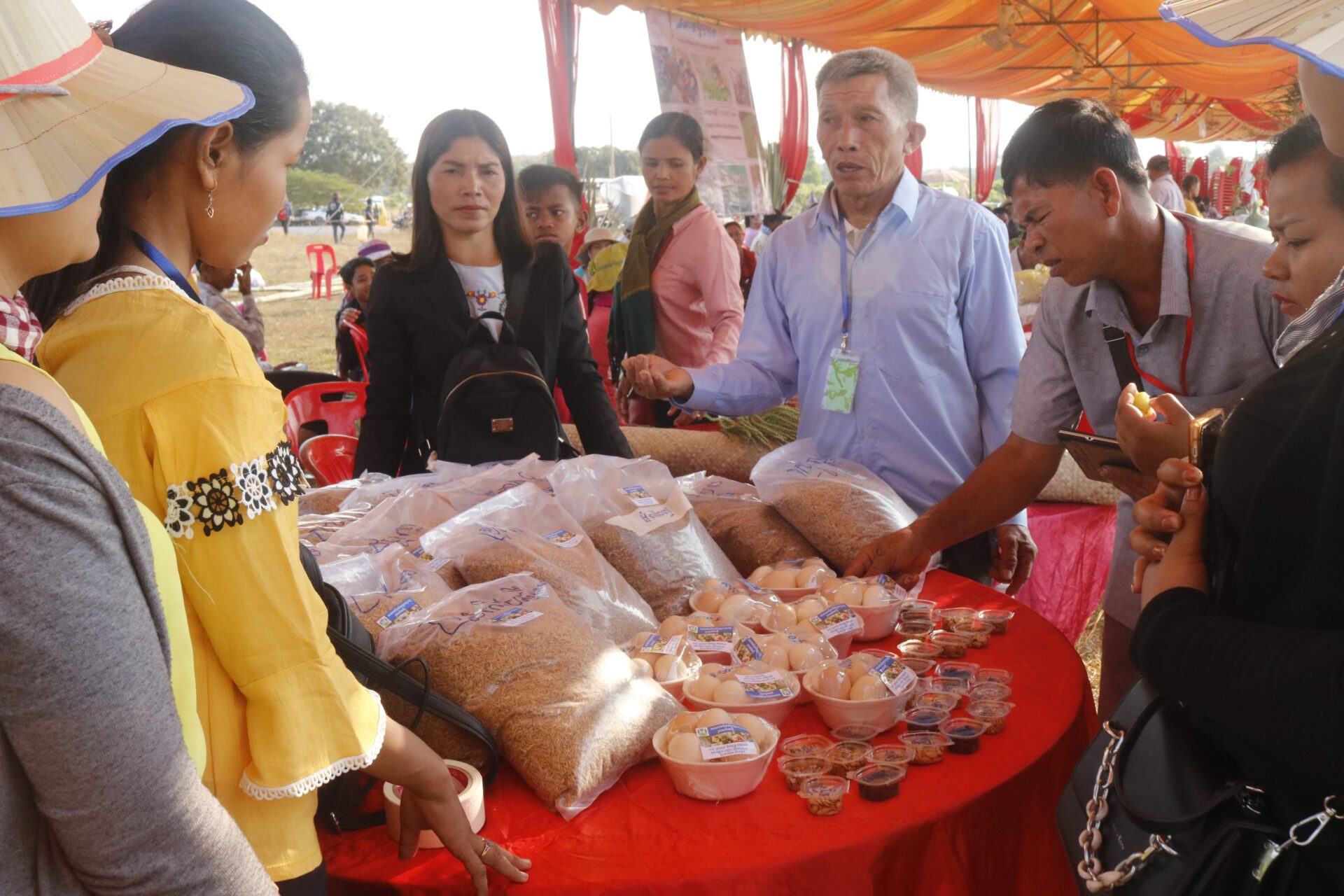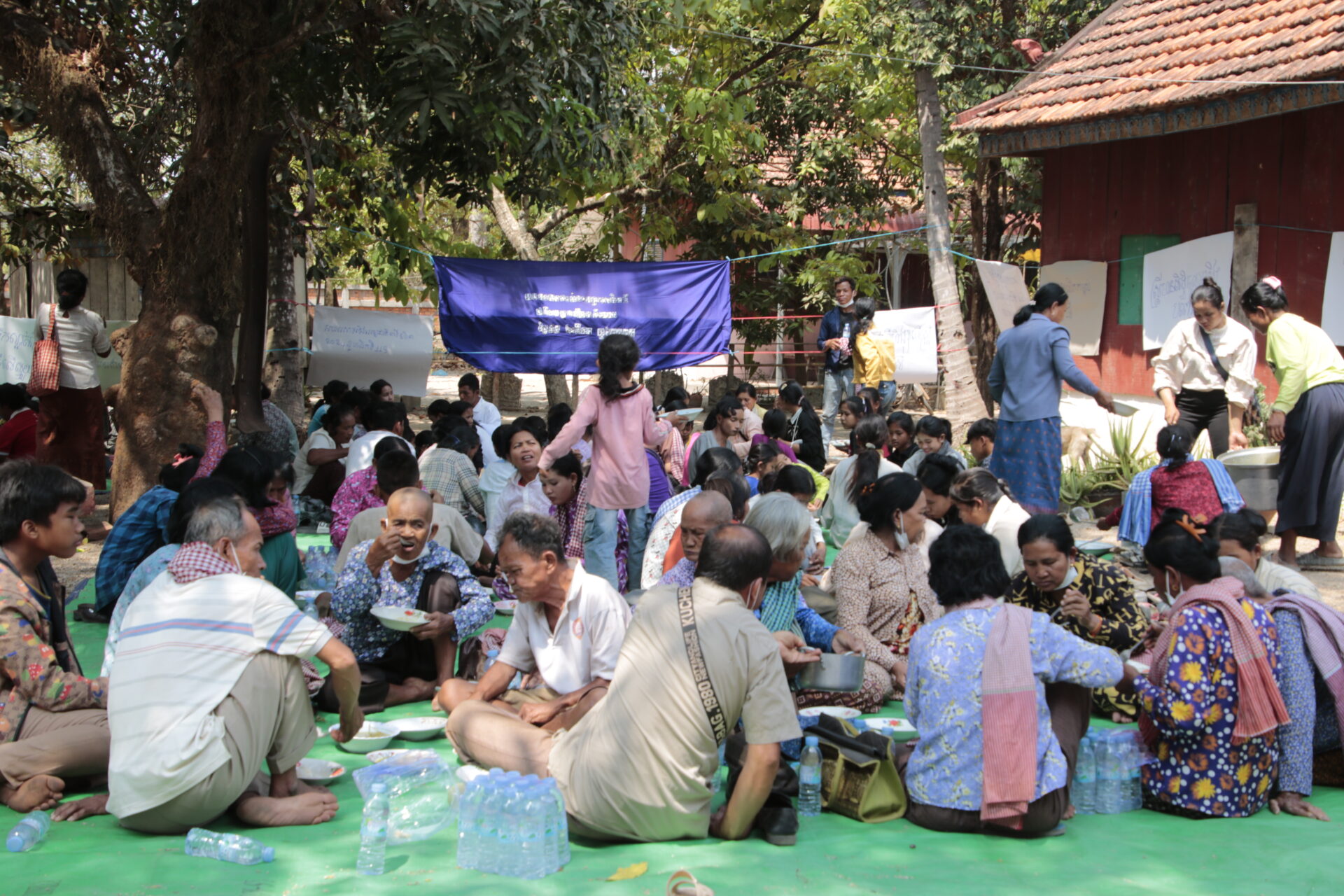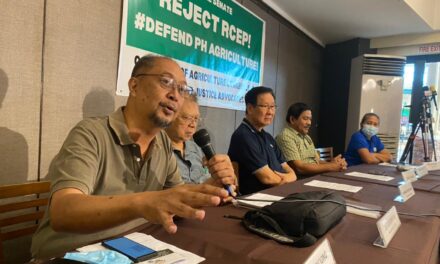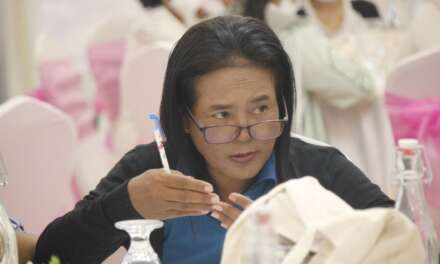Last year, our community faced accusations of laziness for not cultivating rice. In reaction, the authorities set a new rice export target in line with the national plan, spurring people to begin planting for the dry season. Nonetheless, a severe water shortage ensued, with no viable solutions provided. The authorities attributed this to climate change and extreme heat, among other factors. Despite the rising temperatures, the water committees lack a transparent and efficient water management plan. Consequently, no one, whether upstream or downstream, benefits from the irrigation system. I confronted the authorities, saying, “My community can supply clean water at a low cost. When you lack drinking water, I can provide it. So, who is responsible for my fields when they are parched? Furthermore, when community members seek assistance, they often face baseless accusations of being manipulated by NGOs.”
The authorities must implement more concrete measures to support the struggling farmers, including providing additional water, rice seeds, and food assistance to decrease production costs and prevent migration. It is crucial to address women’s issues with high responsibility and transparency. Like many other women, I aspire to see a comprehensive solution for our people, including the establishment of competent and accountable water management committees capable of effectively managing and distributing water. Moreover, authorities should directly tackle the specific challenges faced by women in agriculture, particularly those related to water access, and promote the marketing and sale of women’s agricultural products.

